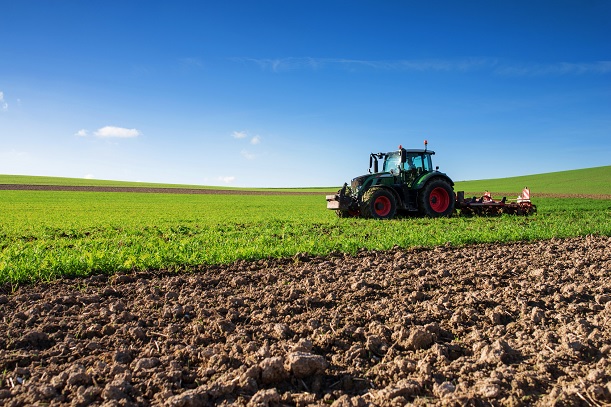TIM has struck an agreement with Italian farmers’ association Coldiretti and agricultural producer Bonifiche Ferraresi to support the adoption of digital technologies in rural areas.
TIM says the coronavirus crisis has highlighted the importance of digitalisation and the opportunity for a home-grown agri-food industry and supply chain to increase economic productivity, reduce costs and support environmental sustainability.
High-speed broadband and digitalisation could also unlock new value in countryside economies related to tourism, food and wine, since 92% of national local products are produced in small Italian villages with fewer than 5,000 residents, according to research by Coldiretti.
Luigi Gubitosi, CEO, TIM, said: “Agriculture is one of the many areas in which the use of applied new technologies can generate a significant leap in the productivity and profitability of the sector. This is demonstrated by enterprises in Italy and worldwide that have optimised their working procedures thanks to the adoption of innovative processes.”
“Our Group, as shown by recent 5G testing on self-driving agricultural vehicles, has been engaged in offering services to support the supply chain, seeking to bring innovation also to rural areas. With this agreement, our goal is to bolster digitisation and speed up the transition through an increasingly cutting-edge agricultural model,” he added.
Cutting red tape
Alongside the roll-out of high-speed broadband in rural areas, the partnership has several strands.
Through its Operazione Risorgimento Digitale culture and training programme, which is implemented with partners, TIM will organise seminars and professional training, focused on digitisation processes in the sector, for Coldiretti associates.
Further, TIM will help to enhance Coldiretti’s Demetra system for its members’ portal. The integrated online farm management solution provides real-time readings of crop health, weather forecast data and temperatures, soil fertility and water stress.
The agreement also focuses on improving e-commerce through the Coldiretti Campagna Amica platform, a large direct sales network with over 1,300 markets spread throughout the peninsula. The network is expanding its coverage to digital and e-commerce platforms.
An additional aim of the initiative will be to develop new solutions to reduce red tape, including deploying blockchain for food traceability.
Bridging the digital divide
Ettore Prandini, Chairman of Coldiretti, said: “From kilometre zero online shopping to holidays with internet access even in the smallest villages of the country, the traceability of food from the field to the table using blockchains, to water saving and the use of chemicals in cultivation, and the reduction of bureaucracy that burdens businesses are just some of the new opportunities offered by this agreement.”
He added: “The serious delay accumulated in rural areas should be bridged so that all the potential of the new technologies can be put to the best use in the countryside: from drones that check the status of the cultivations while in flight to computerised surveillance systems for irrigation and fertilizers, from the use of technological traps against harmful parasites.”
Federico Vecchioni, CEO of Bonifiche Ferraresi Spa, commented: “Modern and sustainable agriculture, which creates added value for agricultural businesses and certified and traceable quality food for consumers places technology and innovation at the centre of all processes that are now essential in agro-industrial supply chains. The agro-industrial sector is now one of the most dynamic and modern sectors in terms of the application of new technologies, and a direct consequence of this aspect is to create new highly specialised employment in very different segments ranging from the analysis of satellite data to coding and the creation of new software.”


